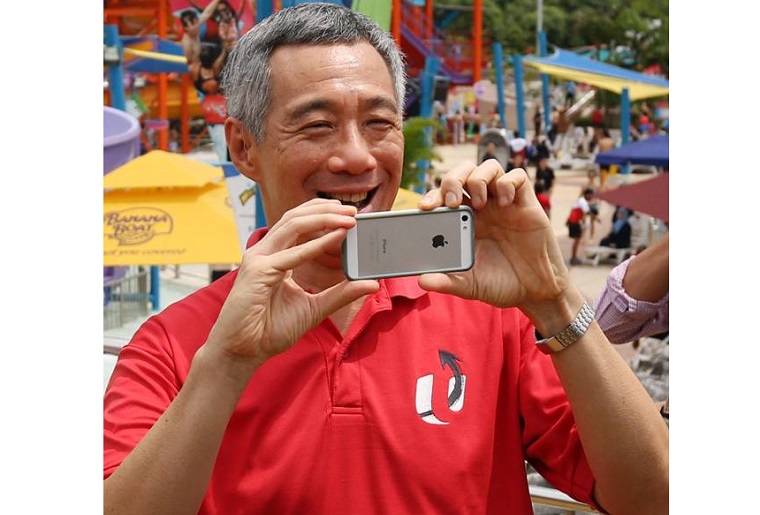Yesterday (June 8), Singaporeans sniggered loudly at how public servants will be working to transform Singapore into a Smart Nation on computers without internet access.
This was despite the Infocomm Development Authority's best attempts at clearing the misconception and explaining that public servants can still access the Internet on personal devices or dedicated computers.
Today (June 9), Prime Minister Lee Hsien Loong stepped in to clear the air on why this move was a necessary one.
An issue of security
Speaking to reporters whilst wrapping up his official visit to Myanmar, Lee said that cyber threats have become more severe.
He told The Straits Times, "We have become completely dependent on our IT systems...and we have to make sure that our system is secure. We can't get infiltrated, data cannot be stolen, somebody can't come in and wipe out your data or cause some other mischief."
He said the move will slow day-to-day productivity but it was necessary to safeguard citizens' data and Singapore's security.
Asked to be one of the first to test measure
He revealed that he asked to be "volunteer number one" and that if he could not adapt to the new measure, then it would not work. He started on this since the beginning of 2016, keeping one computer for work and email, another computer to access the Internet.
He further elaborated to TODAY, "So what I have done, I have an email system, I set up another one, which is for internet browsing, and between the two you have what people call an air gap separation, meaning, this is one system, that’s one system. They don’t talk to each other. And hopefully no information can jump over from one side to another or from this side to that."
And his verdict? He told ST that "it's a nuisance, it takes some getting used to, but you can do it."
Top image from Lee Hsien Loong's Facebook page
If you like what you read, follow us on Facebook and Twitter to get the latest updates.
If you like what you read, follow us on Facebook, Instagram, Twitter and Telegram to get the latest updates.
